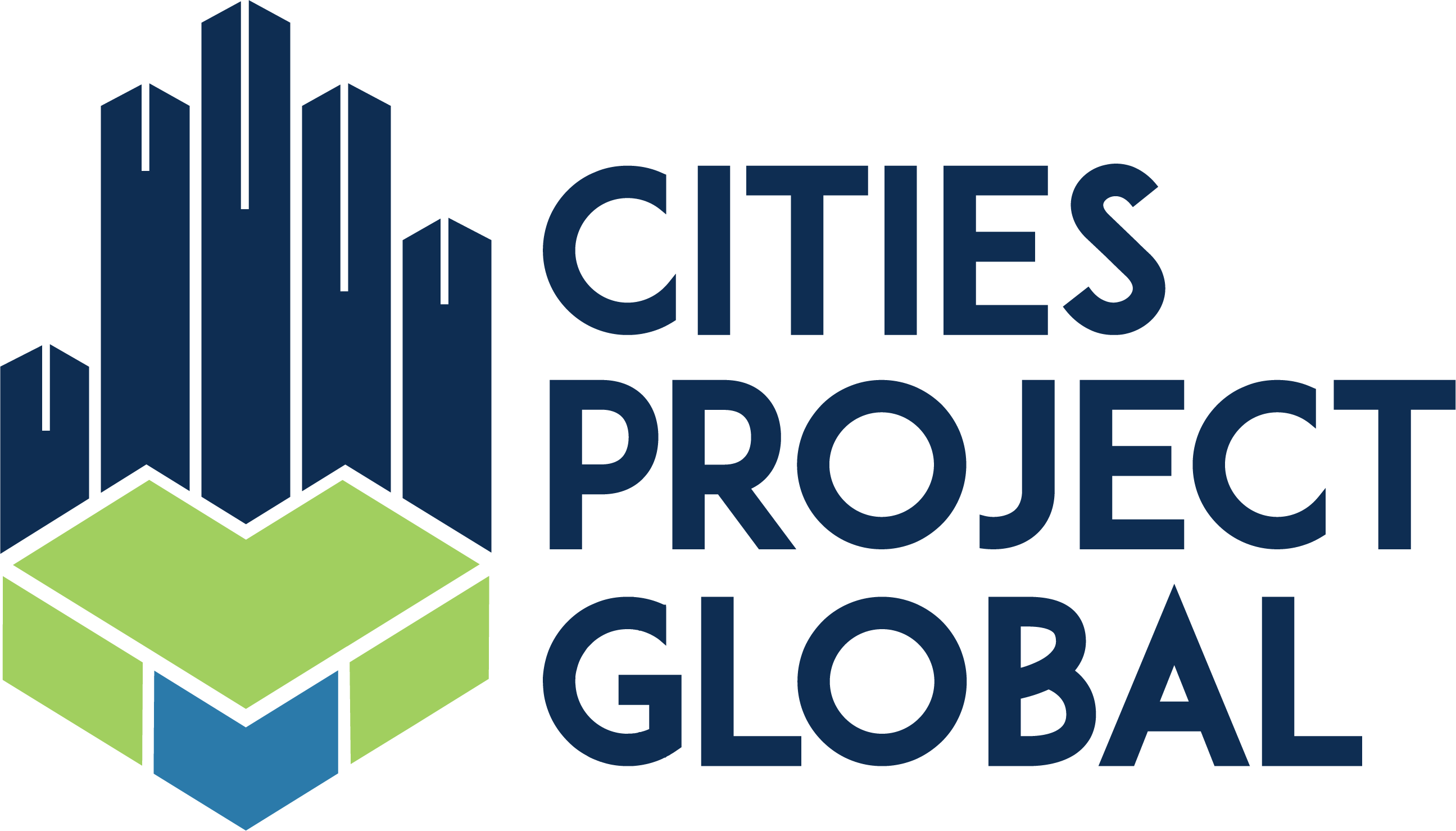Long before Joe Dominguez became a real estate agent, he knew a woman named Stephanie*. With eight children and no place to call home, she had bounced from place to place for a year and a half, relying on the support of a few churches in Denver. Despite having taken all the necessary steps to apply for public housing, she was getting nowhere; the housing assistance program had repeatedly lost her paperwork, and she’d been told there would be a minimum wait time of six months to find a suitable house for her and her family.
When Joe walked into the housing assistance office with Stephanie to get to the bottom of her missing paperwork, he saw it: to the agents, she was just a municipal agenda item; a statistic in the sea of anonymous individuals suffering from homelessness in the city; none of their business. Her paperwork wasn’t a priority because she wasn’t a priority–to the agents, and to the average city dweller in Denver, she was barely a person at all.
Homelessness is trauma; most people just don’t see it that way
The experience of being unhoused cuts deeper than losing a home–when a person loses their home, they also lose their community and, in many ways, their humanity. They fall into the unseen margins of society, treated as a “problem” in their city instead of victims of a broken societal system.
In a city like Denver, where housing costs increase at a much faster rate than the average income each year, paying rent simply isn’t sustainable for many.
Joe recalls the story of a man who took on two jobs to cover his rent until he burned out: “He just thought, ‘You know what, I’m just going to give up my place, and then I won’t have to struggle like this. I can’t do it anymore.'”
Generational homelessness and growing up without stability is as much a trauma as having a home and losing it. Jessica Dominguez, who was an elementary teacher for most of her career, often had students suffering from homelessness in her class. While many of them had shelters to turn to at night, these typically only opened around 8:00 p.m.; her students had nowhere to do schoolwork until then, and by the time they did have somewhere to go they were exhausted.
“Homelessness affects learning,” Joe says. And when kids don’t have an adequate opportunity to learn, they stay caught in the cycle of poverty, and brokenness in the city just repeats itself.
Shame is the biggest obstacle for people in need
With an estimated 550,000 people who experience homelessness each night across America, the nation is dealing with a housing epidemic–and shame is endemic to those suffering.
That shame extends beyond “technically homeless” individuals to people who simply lack access to affordable housing. A blot on their financial history disqualifies them for most loans, or hefty down payments put home ownership beyond their reach. Whether they made a mistake in the past or are unable to save enough to purchase a home today, they’re forced to carry around the same feeling: that they’re not enough.
Exposing their own shame to others is the biggest barrier to finding help, especially in a culture where such bids for help are typically met with callous attitudes. Joe describes an experience with one client who couldn’t get a loan because of a bankruptcy years ago.
“He calls me up, and he says, ‘look, what happened was it all went under when the housing market crashed in 2008.’ And I tell him, you don’t need to explain to me–these things happen, and it’s not your fault. But for him, he needs to give me a reason.”
As believers, such widespread, hopeless shame should be an immediate concern; shame cuts people off from God, placing in them the belief that they are unworthy instead of the understanding that are made in his image and loved by him. And for Joe and Jessica, witnessing the shame and struggle of Denver’s homeless and cost-burdened individuals moved them to heal the brokenness they saw.
The birth of Love Thy Neighbor
Most real estate agencies are businesses based on people’s names, but when Joe and Jessica decided to start up their own real estate agency, they settled on something different: Love Thy Neighbor.
“It just kind of came to us,” says Joe.
And their name has been their north star ever since, keeping their agency focused on how to fulfill their purpose instead of increase their profitability.
Affordable housing exists, and barriers to purchasing homes can be overcome–most people just don’t know it, and they don’t explore options because the housing industry tells them they won’t qualify anyway. But Love Thy Neighbor aims to make affordable housing more accessible and to educate people on the various financial options available to them. While some lenders require a lengthy financial history, others are more forgiving, and while some homes require a significant down payment, others require as little as $1,000 down.
Love Thy Neighbor is changing the lives of homeless individuals and the stories of people who come from generations of renters. For the first time, these people have homes they can share with and pass onto their children, and for the first time, they have long-lasting communities that they feel a sense of belonging in. For the first time, they are free of the shame of “not enough.”
Changing the culture of real estate agencies
After Joe sat with Stephanie in the housing assistance office that kept losing her paperwork all those years ago, he sat on the sidewalk eating ice cream with her and her kids. It could still be a year before a home became available, and until then she would have to move between hotels–if the churches could afford to host her. But then he got a phone call. It was the assistance office, and they had a home for her–a five-bedroom house. More than she had ever hoped for.
When Joe advocated for her in that office, it was the first time the agents regarded her as fully human–as worthy, having dignity, and a direct member of their community. That was the moment everything changed for her; a house larger than she needed was just God’s prodigious love.
Today, that change is happening on a larger scale. In 2019, Joe and Jessica attended a program called the Leadership Circle, by Cities Project Global, which aims to equip and empower Christians to be leaders in their sphere of influence and to create culture that reflects God, for the common good of all. As Love Thy Neighbor touches more and more people, it is even more than a real estate agency healing shame-burdened individuals through affordable homes that they can take pride in–it’s an advocate for systemic, widespread change in the housing space.
For decades, real estate has been an industry focused heavily on profit, accessible only to individuals who meet the difficult qualifications for loans and down payments. Traditional brokers do not publicize affordable housing, and nor do they take kindly to other realtors doing so, because it makes their higher-priced properties less competitive.
But just as Joe came alongside Stephanie so many years ago to make an appeal for Stephanie as a worthy member of their community, Love Thy Neighbour comes alongside all of the homeless and financially burdened people of Denver now, educating lower earners on their options and appealing to those in the real estate space to consider affordable housing for the good of the city of Denver and all its people.
While thousands of financially burdened and homeless members of our community have yet to be reached and healed across the States, a widespread cultural shift is possible.
In Denver, redemption has already begun.
*Name changed to preserve anonymity


Recent Comments